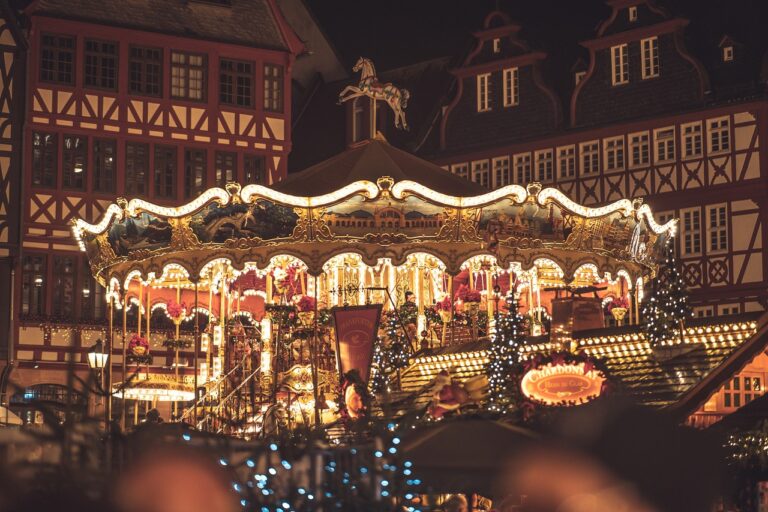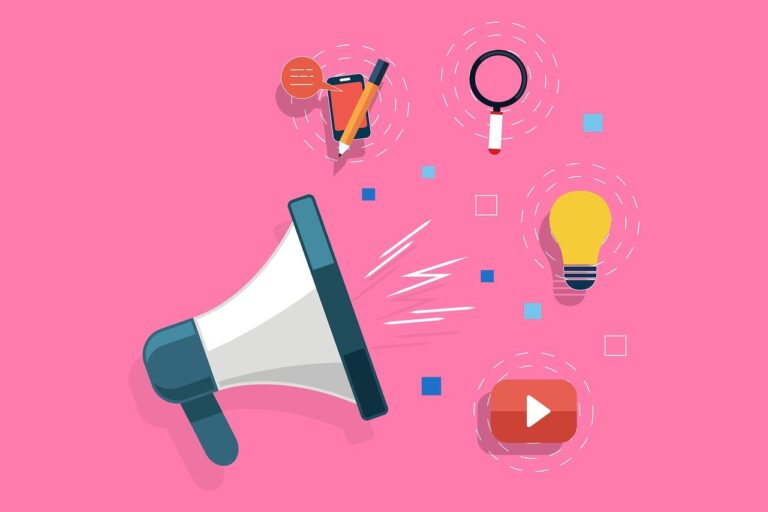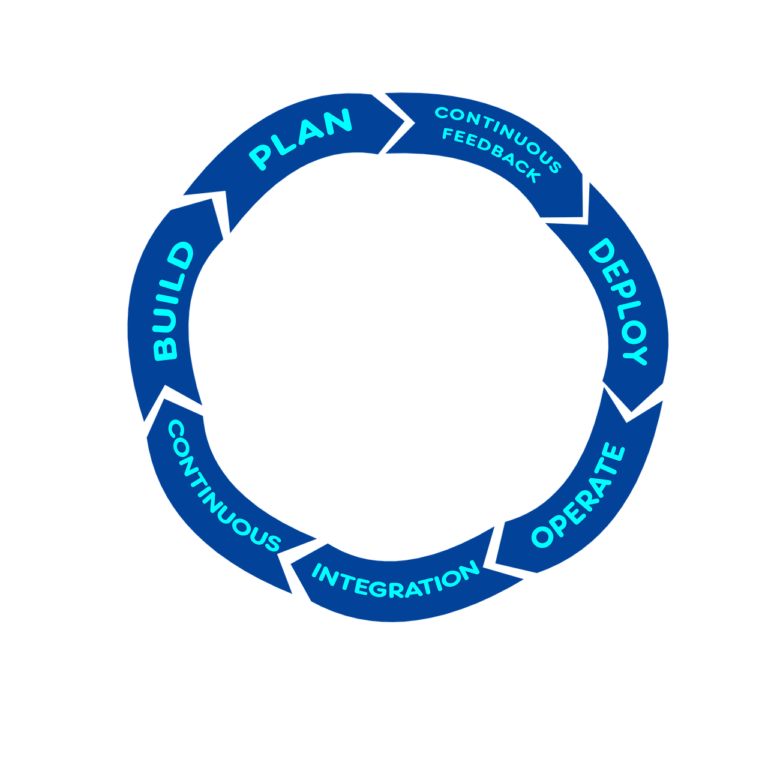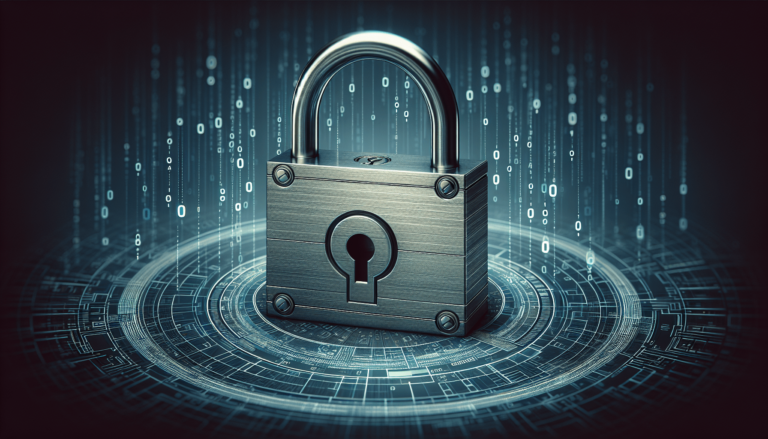How Can I Leverage Social Media For Event Promotion?
Are you preparing for an upcoming event and searching for effective ways to promote it? Look no further, because this article will guide you on how to leverage the power of social media to maximize your event’s exposure. By utilizing various social media platforms, you can reach a wider audience, increase engagement, and ultimately increase attendance at your event. So, if you’re ready to take your event promotion to the next level, let’s dive into the world of social media strategies.
Choosing the Right Social Media Platforms
Social media platforms have become powerful tools for event promotion, but it’s important to choose the right ones that align with your target audience. Determining your target audience is the first step in leveraging social media for event promotion. Consider the demographics and interests of your ideal attendees. Are they young professionals, parents, or hobby enthusiasts? This will guide your choice of platforms.
Researching the demographics of different platforms is crucial in order to maximize your event’s reach. Each platform has its own unique user base, so it’s important to understand who uses each one. For example, Facebook has a diverse user base across different age groups, while Instagram is popular among younger audiences. LinkedIn is ideal for professional events and targeting a business-oriented audience. Understanding these demographics will help you select the platforms that will yield the best results for your event.
When selecting platforms, consider the type of event you are promoting and your goals. Is it a conference, a music festival, or a community event? Different platforms cater to different types of content and interactions. For example, Facebook Events is ideal for promoting conferences with detailed information and RSVP capabilities, while Instagram is great for visually appealing events like music festivals. Tailoring your platform selection to your event type and goals will ensure you reach the right audience and achieve the desired outcomes.
Creating Engaging Content
Creating engaging content is essential in capturing the attention of your audience. Compelling visuals are key to attracting and retaining viewers. Use high-quality images and videos that showcase the essence of your event. Whether it’s photos of past events or sneak peeks of what attendees can expect, visuals are what will initially grab people’s attention as they scroll through their social media feeds.
Crafting compelling and informative captions is equally crucial. Use captivating language to describe your event, highlight key features, and convey the value attendees will gain. Keep captions concise, but make sure they communicate the essence of your event effectively. This will encourage users to engage with your content and learn more about your event.
Incorporating hashtags effectively can significantly increase your event’s visibility on social media. Research popular and relevant hashtags that are specific to your event or industry. Use these hashtags in your posts to join relevant conversations and tap into existing communities. This will help attract users who are already interested in topics related to your event and increase your reach.
Tailoring content to suit each platform is essential for success. Each platform has its own unique features and user behavior. For example, Instagram is highly visual-focused, so focus on sharing captivating images and videos. On the other hand, LinkedIn’s professional nature calls for more informative and concise content. By understanding the characteristics of each platform, you can optimize your content to maximize engagement and resonate with your audience.

Utilizing Influencers and Brand Ambassadors
Influencers and brand ambassadors have become powerful marketing tools, especially in the world of social media. Identifying relevant influencers and brand ambassadors who align with your event and target audience is crucial. Look for individuals with a strong online presence and a following that matches your target demographics. These influencers can help amplify your event and reach a wider audience.
Building relationships with influencers and ambassadors is essential in order to leverage their reach effectively. Reach out to them personally and introduce your event, explaining why you believe they would be a great fit. Provide them with incentives such as free tickets, exclusive access, or even payment in exchange for promoting your event. Building genuine relationships will increase the likelihood of them promoting your event authentically.
Collaborating on event promotions with influencers and ambassadors can greatly extend your event’s reach and credibility. Ask them to share posts about your event on their social media platforms. This can include announcements, behind-the-scenes content, or snippets of their own experiences at your event. Their endorsement will add credibility and encourage their followers to attend your event.
Extending reach and credibility can also be achieved through influencer marketing. This involves paid partnerships with influencers who can create sponsored content promoting your event. By leveraging their existing audience and influence, you can tap into their followers and raise awareness about your event. This can be particularly effective if you are targeting a specific niche or demographic.
Engaging with the Audience
Engaging with your audience is crucial in building a strong and loyal community around your event. Responding to comments and messages promptly shows your audience that you value their input and are attentive to their needs. Take the time to provide useful and thoughtful responses to their inquiries or comments. This personal touch will encourage attendees to feel valued and connected to your event.
Hosting live Q&A sessions is a great way to directly engage with your audience in real-time. This allows attendees to ask questions, get immediate responses, and gain a deeper understanding of your event. It also provides an opportunity for you to showcase your expertise and build trust with your audience. Consider hosting these sessions on platforms like Instagram or Facebook Live, where viewers can actively participate and interact with you.
Running contests or giveaways can generate excitement and encourage engagement. Ask your audience to participate by sharing your event’s content, tagging friends, or answering event-related questions. This not only creates buzz around your event but also expands your reach as participants share your content with their own networks. Offer attractive and relevant prizes to entice participation and make sure to follow through with the winners.
Encouraging user-generated content is a powerful way to involve your audience and create a sense of community. Ask attendees to share their experiences, photos, or videos from your event using a specific hashtag. This allows others to follow along and creates a visual narrative of the event. Sharing user-generated content on your own social media platforms not only showcases the event through different perspectives but also encourages ongoing engagement with attendees.
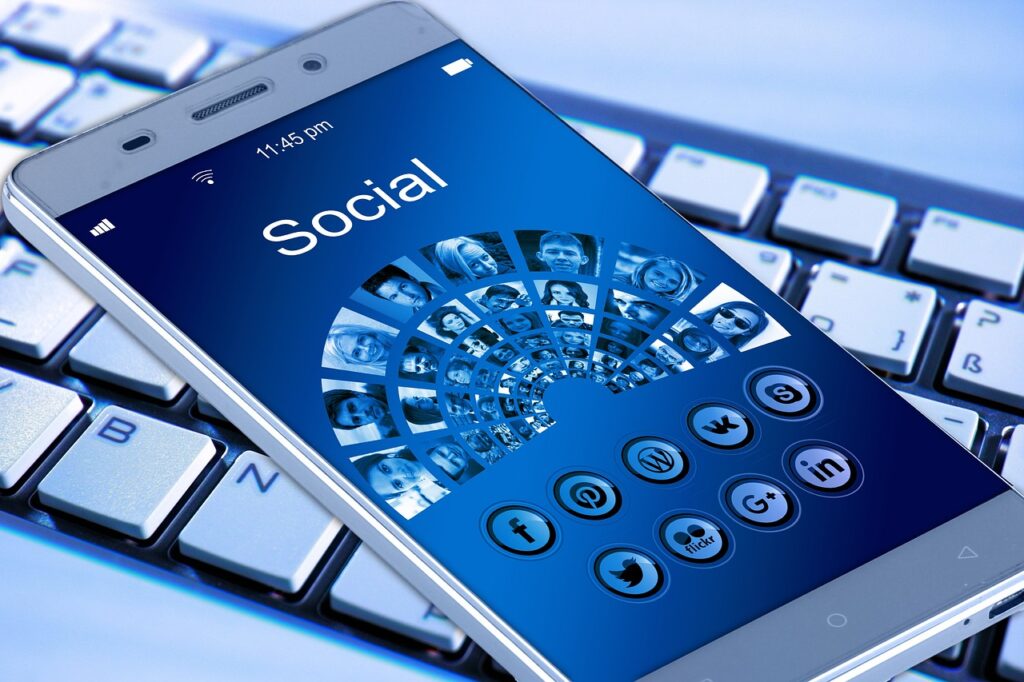
Paid Advertising on Social Media
Paid advertising on social media platforms can significantly boost your event’s visibility and reach. Understanding the benefits of paid advertising is essential in order to make informed decisions about allocating your budget. Paid ads can help target specific demographics and interests, ensuring that your event is in front of the right audience. This targeted approach increases the likelihood of attracting attendees who are genuinely interested in your event.
Setting a budget and campaign objectives is important to ensure your paid advertising efforts are effective. Determine how much you are willing to invest in advertising and set clear goals for what you want to achieve. This could be increasing event registrations, driving website traffic, or raising awareness. By setting specific objectives, you can measure the success of your paid advertising campaigns and make adjustments as needed.
Creating compelling ad content is crucial in capturing the audience’s attention and encouraging action. Use eye-catching visuals, concise and persuasive copy, and strong call-to-actions. Highlight the unique features of your event and convey a sense of urgency to entice users to take action. Test different ad variations to see what resonates best with your target audience and optimize your campaigns accordingly.
Creating a Social Media Event Page
Creating a social media event page is essential for consolidating information about your event and providing a central hub for attendees to access. Choosing the appropriate platform for event pages depends on the nature of your event and the platforms preferred by your target audience. Platforms like Facebook Events, Eventbrite, or LinkedIn Events are commonly used for creating event pages.
Designing an attractive event banner and logo is vital in creating a visually appealing event page. Use high-quality images, clear branding, and engaging visuals that accurately represent your event. Make sure the banner and logo reflect the tone and theme of your event to capture the attention and interest of potential attendees.
Including key event information and a clear call-to-action is essential for guiding potential attendees. Provide all the necessary details such as date, time, location, and ticket information. Use concise and informative language that entices users to take action, whether it’s purchasing tickets, registering, or RSVPing. Make it easy for attendees to find all the relevant information they need.
Promoting the event page through other channels is crucial in order to generate awareness and drive traffic to the page. Utilize your own social media platforms, email newsletters, and website to promote the event page. Leverage the power of influencers, collaborators, and partners to share the event page with their audiences. The more visibility your event page receives, the greater the chances of attracting attendees.
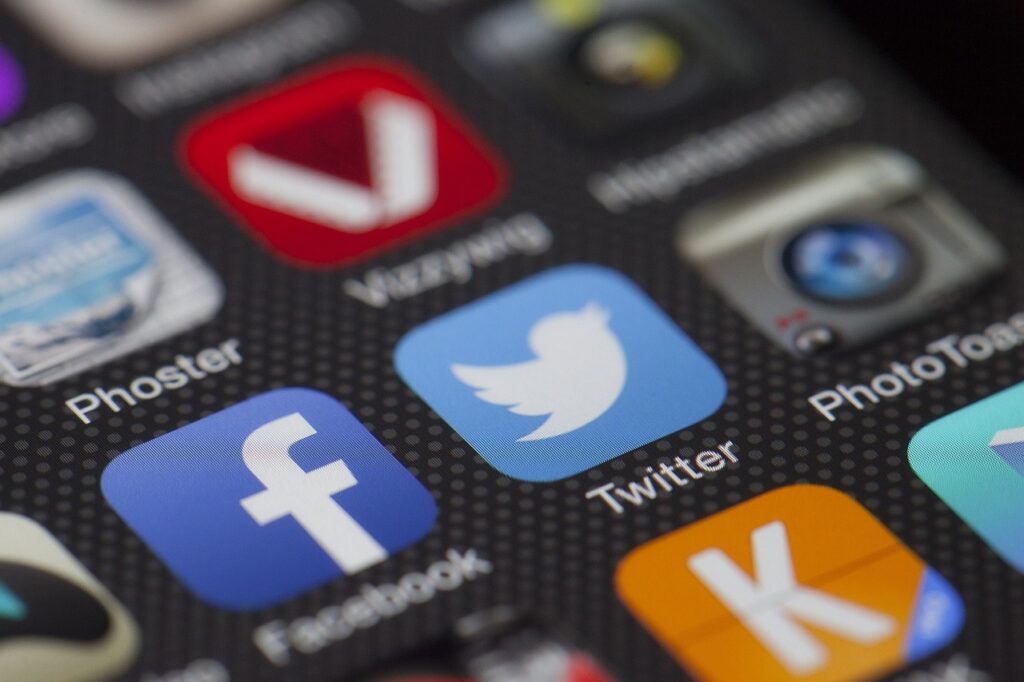
Leveraging Social Media Features
Social media platforms offer a wide range of features that can be leveraged to enhance your event promotion. Utilizing live video streaming for event highlights allows you to showcase the most exciting moments of your event in real-time. Go behind the scenes, interview speakers or performers, or simply stream the event itself. This immersive experience will attract viewers and generate excitement around your event.
Creating polls and surveys is a great way to engage your audience and gather valuable insights. Ask your followers questions related to your event and encourage them to share their opinions. This not only creates interaction but also helps you understand the preferences and expectations of your attendees. Use the feedback to improve future events and tailor your offerings to better meet the needs of your audience.
Using stories and ephemeral content is an effective way to provide your audience with a glimpse into your event. Stories are temporary and create a sense of urgency and FOMO (fear of missing out). They can be used to share real-time updates, sneak peeks, and exclusive content. By leveraging this feature, you can generate excitement and encourage users to keep up with your event.
Sharing behind-the-scenes content allows your audience to see the effort and preparation that goes into organizing your event. Showcasing the team, showcasing the venue set-up, or providing a sneak peek of rehearsals builds anticipation and credibility. This behind-the-scenes content gives attendees a sense of what to expect and ensures they feel connected to your event before it even begins.
Partnering with Influential Social Media Pages and Groups
Partnering with influential social media pages and groups allows you to tap into existing communities and expand your event’s reach. Identify relevant social media pages and groups that align with your event’s target audience and objectives. These can be industry-specific communities, interest-based groups, or local event pages.
Initiating partnerships or collaborations with these pages and groups can significantly increase your event’s visibility. Reach out to the administrators or moderators and present your event as an opportunity for mutual benefit. Offer to provide exclusive content, discounts, or promotional materials that add value to their community. Collaborative efforts can include shared posts, cross-promotions, or even co-hosting events.
Cross-promoting events through influential social media pages and groups is an effective way to attract attendees. Share your event details in these communities, providing relevant information and appealing visuals. Make sure to follow the group or page guidelines and engage with the community members by joining relevant discussions and answering questions. Building a relationship with these communities will increase your credibility and encourage their members to attend your event.
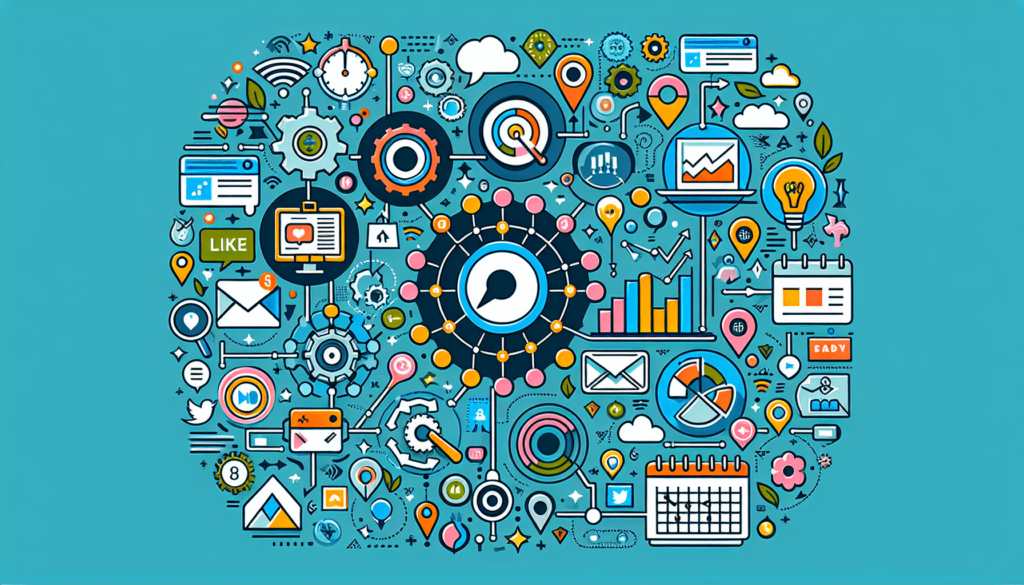
Using Analytics to Measure Success
Using analytics to measure the success of your social media event promotion is crucial in order to optimize your future efforts. Setting clear objectives and key performance indicators (KPIs) is essential before you embark on promoting your event on social media. Determine what metrics you want to track, such as engagement rate, reach, ticket sales, or website conversions.
Monitoring engagement metrics and reach provides insights into the effectiveness of your social media efforts. Track metrics like likes, comments, shares, and followers gained to understand how well your content is resonating with your audience. Isolate the platforms that perform best and identify the types of content that generate the most engagement. Use these insights to refine your strategy for future events.
Tracking ticket sales and conversions is crucial for understanding the direct impact of your social media promotion efforts. Utilize tracking pixels or specific promo codes to attribute ticket sales to your social media campaigns. Analyze the data to determine which platforms or campaigns are driving the most conversions and optimize your strategies accordingly.
Analyzing data to optimize future event promotions is an ongoing process. Use the insights gained from your analytics to improve your event promotion strategies for future events. Identify areas of improvement, experiment with different approaches, and learn from your successes and failures. Continuously evolving and refining your social media event promotion strategies will lead to more successful events in the future.
Maintaining a Consistent Posting Schedule
Maintaining a consistent posting schedule is essential to keep your audience engaged and excited about your event. Plan and schedule posts in advance to ensure a regular flow of content leading up to the event. This allows you to have a strategic approach and allocate time for content creation and scheduling.
Utilizing social media management tools can simplify the process of scheduling posts. These tools allow you to plan and schedule content in advance, ensuring that your posts go out at the optimal times for maximum engagement. It also provides a central platform to manage and track your social media activity across multiple platforms.
Posting regularly is crucial to maintain audience interest and keep your event top of mind. Consistently sharing updates, behind-the-scenes content, and teasers will create anticipation and excitement among your followers. Remember, the goal is to strike a balance between promotional content and engaging content that adds value to your audience.
Ensuring a balance between promotional and engaging content is vital to avoid overwhelming your audience with constant event-related posts. Alternate between event-related content and other engaging content that is relevant to your audience’s interests. This can include industry news, tips and tricks, or even inspiring quotes. By providing a variety of valuable content, you will keep your audience engaged and increase the chances of them sharing your event with their own networks.

